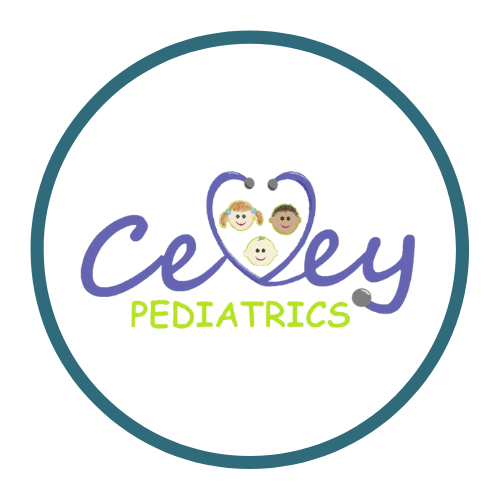Treating the Cause vs Treating the Symptoms
“My child has [so and so symptoms]. What would Dr. Cevey recommend that I do for them? We’ve already done [normal over the counter meds/various home remedies].” With it being cold and flu season, as well as with the omicron COVID-19 variant now spreading like wildfire through the US, I can only imagine that parents desperate for answers to alleviate their child’s discomfort will be emailing or calling my office with some variation of the above question. It’s only natural! Most of the time when we run into issues with our children, we ask those whose opinions we respect for advice and guidance. Maybe it’s their basketball coach on how they can improve on their free throw average. Maybe it’s their teacher on how to get them to read more fluently. Oftentimes it’s friends and family members on how they’ve dealt with behavioral situations with their own kids. However, why is it that when you call my office, our typical response is, “We can’t give any advice over the phone. You’d have to bring in your child for appointment with the doctor”? I know that’s been frustrating for many parents to hear, and likely has caused many an eye roll. I promise… there is a reason for this being my response, as well as the main response with which I allow my staff to answer.
“Advice” on medical matters is different from advice on nonmedical matters, because ultimately incorrect advice can actually cause harm to a person’s health. For example, using hydrocortisone on an area of skin affected by an allergic response to something you touched helps, but a rash that looks very similar could be a fungal rash, and hydrocortisone actually would cause the fungal infection to spread. And a spreading rash is just an example with minimally serious repercussions! If advice not related to medical issues doesn’t work, it just doesn’t work … things don’t necessarily get worse
Secondly, “advice” is different from medical recommendations, which really only a doctor should be giving, not a nurse (unless she/he is a nurse practitioner). Advice only really encompasses over-the-counter medications or home remedies to try that could help alleviate symptoms and have a low chance of causing any harm. Most of the time, most families have already tried those things by the time they call my office. If they haven’t, my staff has been directed to refer patients to the “advice” that I’ve provided on my website (drceveypediatrics.com) under the FAQ’s tab related to various common symptoms that parents frequently call about. On that same page I also have listed an app that I recommend (“Kid Care”, created by St. Louis Children’s Hospital) that is able to provide advice on a multitude of other symptoms in an easy “click on the answer that applies” fashion. A nurse is qualified to go through triage questions that ultimately will lead to the applicable advice, but the uninterrupted time it takes to go through these questions appropriately about the patient’s current and past symptoms no longer is easily available with how overwhelmed my office is by the current pandemic.
So what are medical recommendations, and why should they only be given by a doctor? Medical recommendations are treatments specific to the patient’s specific diagnosis aimed at definitive management of the cause, not just temporary relief of symptoms. Fortunately, most symptoms of pediatric illness do not by themselves cause damage to a patient regardless of how long they have been going on. Symptoms typically are more accurately viewed as clues to what actual disease process is going on. Once general over-the-counter medications and home remedies have been tried without success, it’s time to go with more specific treatments, but these can only be recommended once a diagnosis has been reached. Coming to a diagnosis involves gathering clinical information about the patient’s course of illness as well as performing a physical exam to determine exactly what is going on in the body, since many illnesses have overlapping symptoms.
The skills an individual builds in their 7 years of medical school and residency are skills that are most effectively implemented in face-to-face encounters. Medical recommendations over the phone are never best practice in our field. This is the reason why at Cevey Pediatrics our practice is to only offer limited advice prior to a doctor visit.
